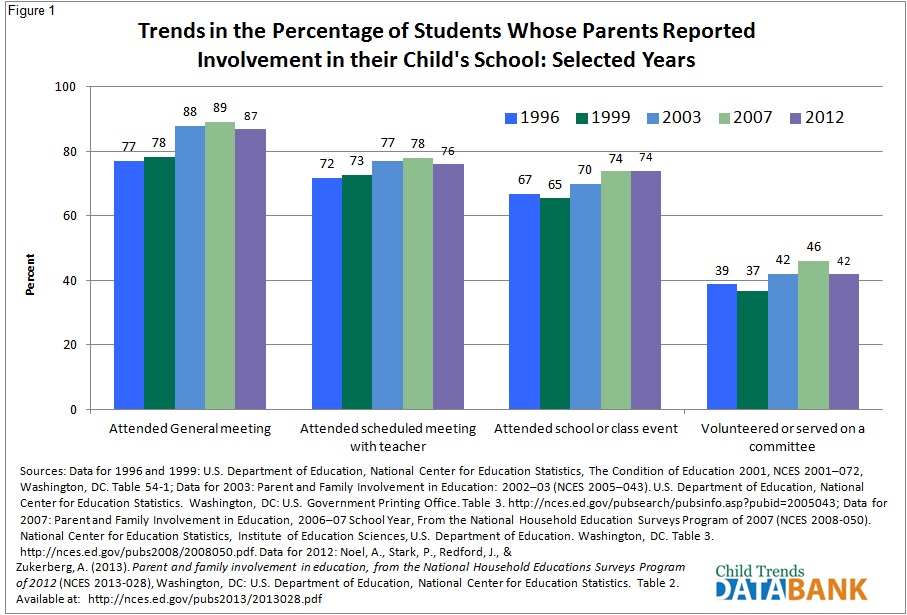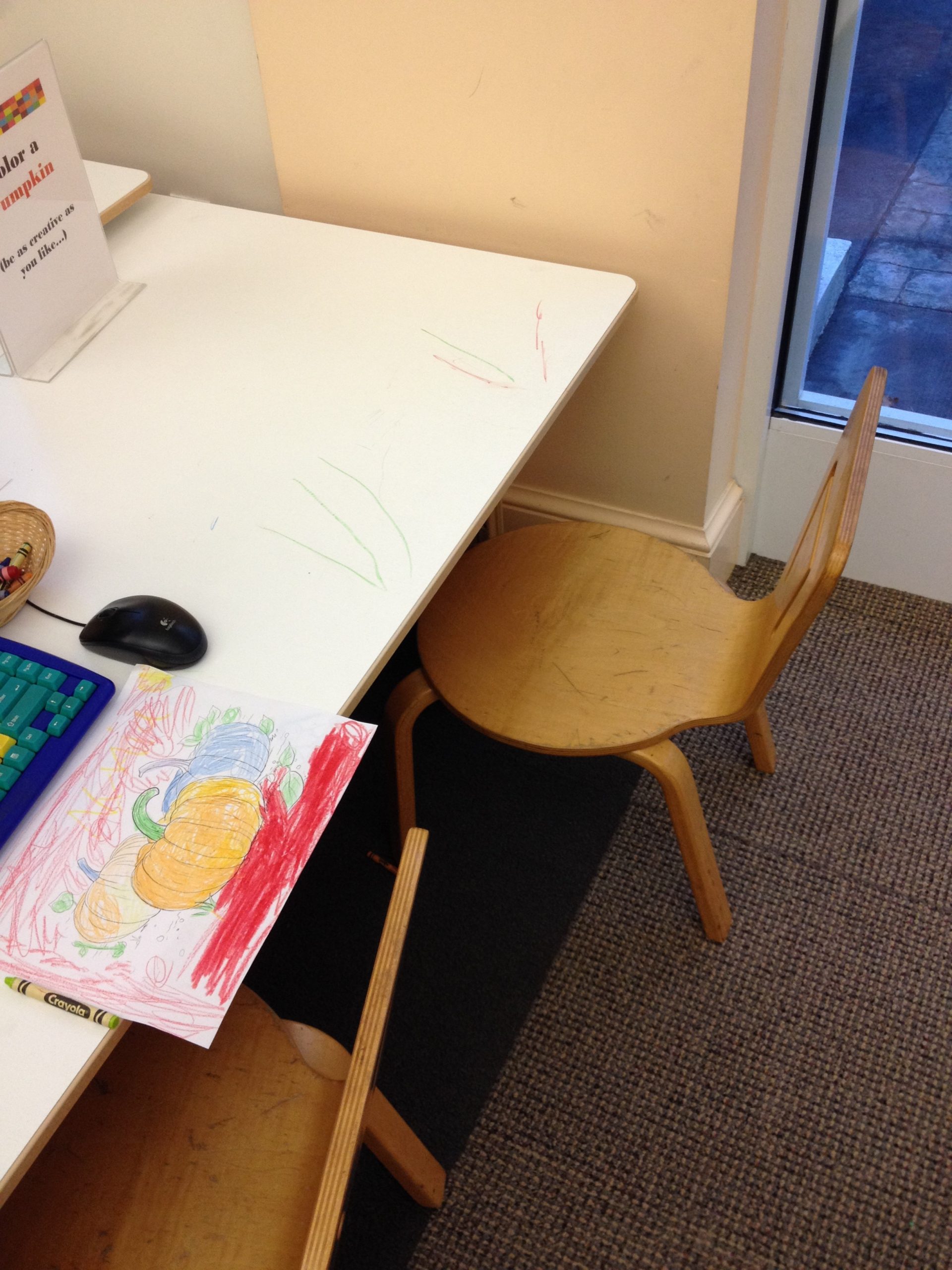
Research over the past several years on parent involvement and our schools indicate that regardless of background or family income, students that have involved parents
• are more likely to have better grades,
• attend school on a regular basis,
• have better social skills and behavior,
• and eventually go on to postsecondary education.
But how much does the school play in getting parents involved?
There was a rise in parent involvement in our schools between 1999 and 2007 but since then, the number has not increased. Parental involvement can be a complex matter. Even though most research states the positive impact on student performance, there are some barriers that parents and teachers face.
There are a few opportunities for parents and teachers to meet during the school year to have meaningful discussions. Parents and teachers do not have conversations that involve negotiations or criticism. Predetermined meetings are usually arranged by either the parent or the teacher and involve a specific topic of concern.
The PTA/PTO meeting is a common place where both parents and teachers can get together informally. However, some parent organizations have a planned agenda with decisions already made without teacher input. This causes many teachers to feel unwelcome and more like a guest and not a member of the group.
Teachers also feel that when a parent is involved, their child should get special treatment especially when it pertains to grades and/or discipline.
As a whole, teachers want to work with parents and vice versa. Parent-teacher organizations need to plan together. Parents need to identify ways for teachers to become more involved. Attending meetings and the use of a suggestion box for both parents and teachers is a good way to open communication.
There may be reasons for teachers not to have parent involvement because of one or two bad experiences but that is not the norm. There is always a chronic complainer with parents or teachers. Parents are passionate and protective about their children – as they should be. Teachers try to be dispassionate and objective when it comes to their profession; but they are also passionate about their classroom of students. They care how all students perform.
The days are gone when schools are open only a couple of time a year for parent conferences and parents’ night. Today parents volunteer as aides, coaches, and mentors in schools. They help with recess and in the lunchroom. With shrinking budgets and academic demands growing, parents are a much-needed resource. Keeping parents involved in schools is one way to keep an open line of communication between parents and educators as well as inviting conversations into having a positive climate within the school community.


